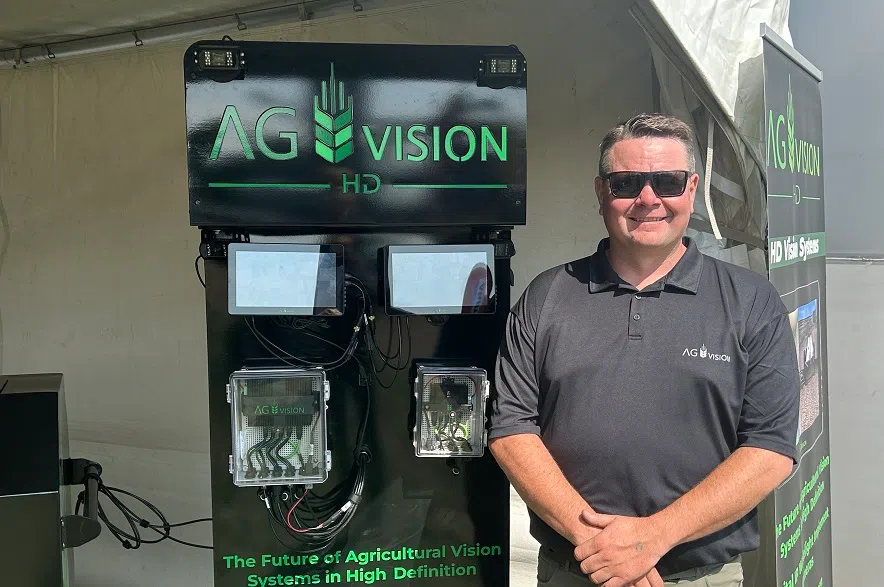Kiwi Drivers Could Benefit as Japanese Carmakers Pioneer Rare Earth Recycling Tech

New Zealand drivers could be indirectly benefiting from a significant breakthrough in electric vehicle (EV) technology coming out of Japan. Japanese automakers, including Nissan, are investing heavily in recycling technology for rare earth metals – crucial components in the powerful magnets used in EV motors. This development has major implications for the future of EVs, sustainability, and potentially, the cost of vehicles for Kiwi consumers.
The Rare Earth Challenge: Why Recycling Matters
Rare earth elements (REEs) aren’t actually 'rare' in the strictest sense, but they are difficult and environmentally damaging to extract. China currently dominates the global supply of these materials, creating geopolitical concerns and price volatility. The environmental impact of mining REEs is also substantial, involving significant water usage, habitat disruption, and potential pollution. With the global shift towards electric vehicles accelerating, the demand for REEs is skyrocketing, making recycling a critical necessity.
Nissan and Waseda University: A Collaborative Effort
Nissan Motor is partnering with Waseda University in Tokyo to develop a cutting-edge recycling process. Their focus is on extracting rare earth metals, specifically neodymium and dysprosium, from magnets found in discarded EV motors. The current process involves dismantling the motors and using sophisticated chemical techniques to separate and purify the metals. The goal is to create a closed-loop system where valuable materials are recovered and reused, reducing reliance on newly mined resources.
What Does This Mean for New Zealand?
While New Zealand's EV market is still growing, the ripple effects of this Japanese innovation will be felt globally. Here's how Kiwi drivers could benefit:
- Reduced EV Costs: If recycling becomes widespread and efficient, the cost of rare earth metals will decrease, potentially lowering the price of EVs.
- Increased Sustainability: Supporting a more sustainable EV supply chain aligns with New Zealand's commitment to reducing carbon emissions and protecting the environment.
- Technological Advancement: New Zealand can learn from Japan's leadership in this area and explore opportunities for developing its own rare earth recycling capabilities.
Beyond Nissan: Industry-Wide Investment
Nissan isn’t alone in this effort. Other major Japanese automakers, including Toyota and Honda, are also investing in rare earth recycling research and development. This widespread commitment highlights the strategic importance of securing a sustainable supply of these critical materials.
The Future of EV Recycling
The success of these recycling initiatives will depend on several factors, including technological advancements, government policies, and the development of robust collection and processing infrastructure. However, the groundwork is being laid for a more circular economy in the EV sector, reducing environmental impact and ensuring a more secure and sustainable future for electric mobility. For New Zealand, staying informed about these developments is key to maximizing the benefits of the EV transition.






